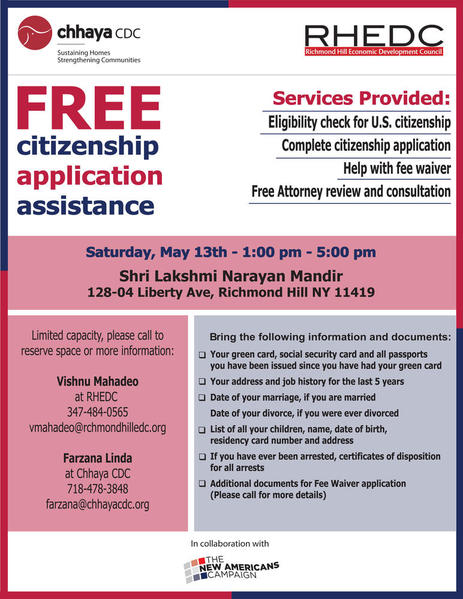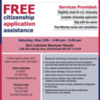Richard David’s face is plastered around the Richmond Hill neighborhood of Queens. Along Liberty Avenue, on posters in the windows of sari shops and roti restaurants, Mr. David advertises his campaign for City Council, which, if successful, would make him New York’s first city councilman of Guyanese descent.
One of Mr. David’s campaign promises: securing money for resources like immigration lawyers or language assistance for the diverse neighborhood that includes Little Guyana, a hub of the largest Guyanese community outside of the country itself.
It is also the community in New York City that could lose the most from a new federal effort to cut legal immigration in half, in part by limiting what are known as family preference visas, which go to the siblings, grandchildren, in-laws or adult children of United States citizens, as well as the spouses and children of legal permanent residents. That is exactly the kind of visa that allowed Mr. David to immigrate from Guyana in 1995, and that helped bring other members of his family into the country, too, as recently as last month.
“Eight family members of mine just came through family sponsorship on the Fourth of July,” Mr. David said. His grandmother sponsored two adult daughters, who also brought their children. Of the proposed immigration bill, which was endorsed by President Trump last week, Mr. David said, “This could cease or significantly reduce Guyanese migration to the country.”
It is unclear if the bill will ever become law.
The Guyanese community brings in more people through family preference visas than any other immigrant group in the city. Of the Guyanese in New York City who received legal permanent residence between 2002 and 2011, 60 percent entered on family preference visas, according to a 2013 report by the Department of City Planning. Thirty-seven percent entered as immediate relatives, an uncapped visa category that includes the spouses, parents and minor children of citizens.
Continue reading the main story



